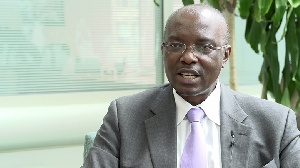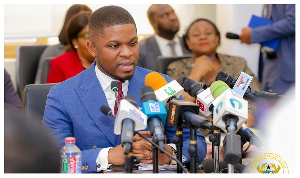Mr Henry Kerali, World Bank Country Director for Ghana, has described Ghana’s Free Senior High School Policy (Free SHS) as an initiative that will give girls the chance to acquire employable skill sets before reproduction.
He said such empowerment would better prepare them for motherhood, reduces high birth rate, maternal mortality and boost the Human Capital Index (HCI).
The HCI according to World Bank, consist of the knowledge, skills and health that people accumulate throughout their lives enabling them to realise their potential as productive members of society.
Mr Kerali said this at teleconferencing to launch a quarterly Africa Civil Society Organisation and Parliamentary Development Dialogue on Tuesday in Accra.
The dialogue, which would be a quarterly interactive programme among 16 African Countries, seeks to promote social inclusion, accountability and advocate for greater voices.
Under the theme: “African Human Capital Challenges and Opportunities”, was used to also discuss highlights of World Bank Africa Human Capital Project (WBAHCP).
He recounted that the Bank as part of effort to improve human capital index of Ghana was implementing programmes including social protection, skills, community water and sanitation to help enable Ghana to catch up with its peers such as Rwanda.
Mr Kerali gave an assurance that the Bank would support Ghana’s developmental programmes such as giving second chance to people who could not get access to education to be equipped with knowledge and skills to push the country up to the HCI to be the best in Africa.
Out of 100 per cent, Ghana achieved 44 per cent ranking 116 out of 157 countries in the HCI report, released in 2018 ranked.
The HCI report revealed that 95 out of 100 children in the country, survived up to age five while a child who started school at age four was expected to complete 11.6 years of school by their 18th birthday.
It noted further that across Ghana, 76 per cent of 15-year olds would survive until age 60.
It said although Ghana had enormous natural resource potential, the country had not been able to sustainably developed, because of the weak capacity of her human resource.
To reverse the trend, it suggested the need to invest in its human resource to imbibe the right innovation and technology that would help make the best use of natural resources.
General News of Wednesday, 27 March 2019
Source: ghananewsagency.org













